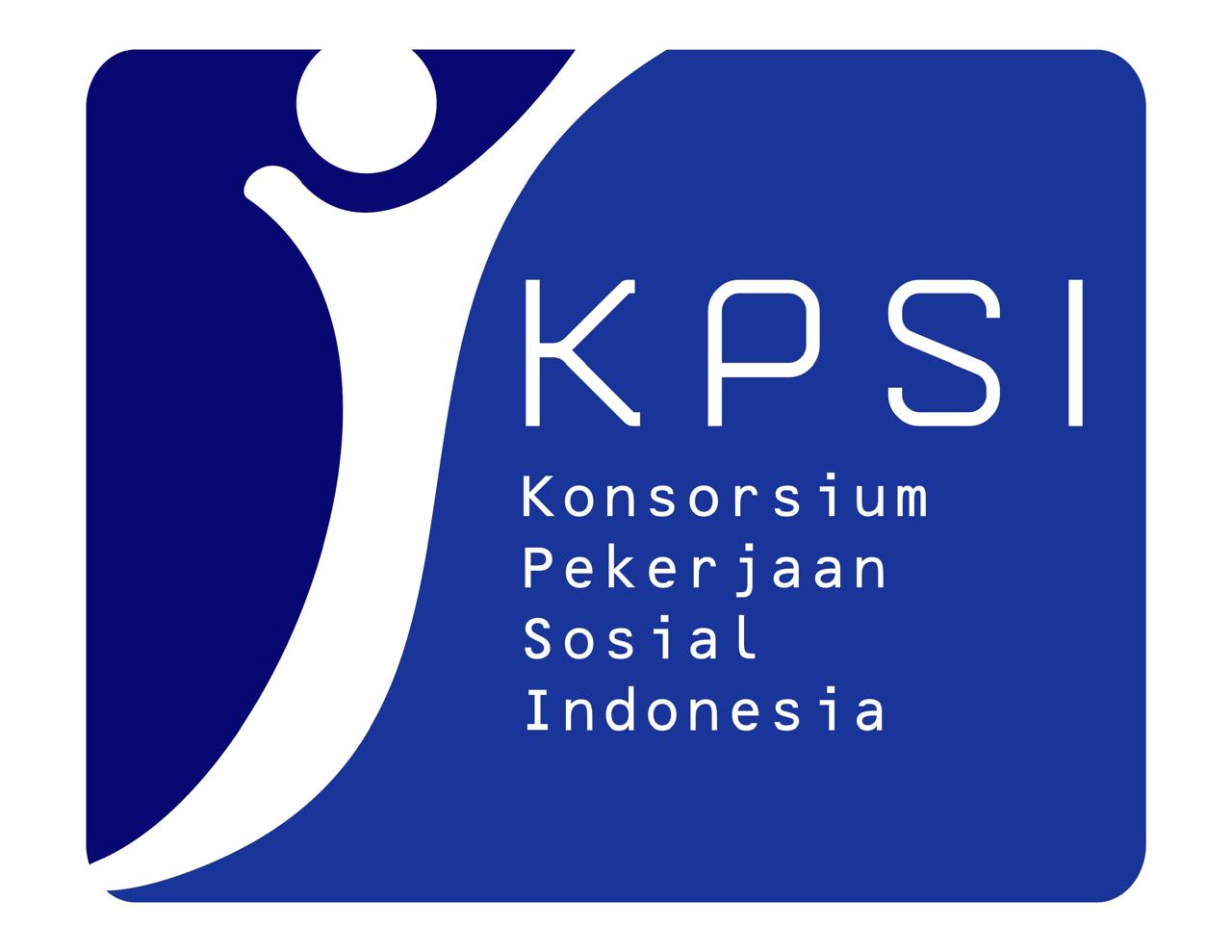Identifying Suitable Social Worker Candidates for Counselling Using Holland RIASEC Model and FIKR (Facet, Insight, Knowledge, Resilience) Profiling
DOI:
https://doi.org/10.58671/aswj.v13i1.132Keywords:
Holland RIASEC model, personality traits, Social dimension, Investigative dimensionAbstract
This study aimed to identify individuals best suited for counselling occupations using the Holland RIASEC Model and the FIKR (Facet, Insight, Knowledge, and Resilience) Profiling Assessment Tool. A total of 190 respondents were assessed, focusing on six personality dimensions—Realistic (R), Investigative (I), Artistic (A), Social (S), Enterprising (E), and Conventional (C). Results showed that 40 respondents (21.05%) were highly suitable for counselling roles, characterized by high Social scores, often paired with strong Investigative traits. Demographically, older female respondents demonstrated a slight advantage, suggesting that life experience may enhance counselling effectiveness. The study emphasizes the value of targeted training programs to further develop counselling competencies among identified individuals. These findings provide a foundation for selecting and developing candidates for counselling roles, ensuring they possess the necessary interpersonal and analytical skills. The research contributes to understanding career alignment and highlights the importance of personality assessment in professional development. By identifying individuals naturally inclined toward counselling, the study supports the creation of tailored training programs, benefiting educational institutions, employers, and policymakers involved in the recruitment and training of counselling professionals.
References
Armstrong, P. I., Day, S. X., McVay, J. P., & Rounds, J. (2008). Holland's RIASEC model as an integrative framework for individual differences. Journal of Counseling Psychology, 55(1), 1–18. https://doi.org/10.1037/0022-0167.55.1.1
Atan, Ö., & Yildirim, O. (2009). The link between student performance and vocational preference based on Holland's RIASEC model. 9th International Multidisciplinary Scientific Geoconference and EXPO - Modern Management of Mine Producing, Geology and Environmental Protection, SGEM 2009, 2, 861–865. Retrieved from https://www.scopus.com/inward/record.uri?eid=2-s2.0-84890338891&partnerID=40
Bedford, A., & Bedford, J. (1985). Personality and personal disturbance in social workers: A research note. British Journal of Social Work, 15(1), 87–90. Retrieved from https://www.scopus.com/inward/record.uri?eid=2-s2.0-0010954773&partnerID=40
Boyle, G. J., & Fabris, S. (1992). LISREL analyses of the RIASEC model: Confirmatory and congeneric factor analyses of Holland's self-directed search. Personality and Individual Differences, 13(10), 1077–1084. https://doi.org/10.1016/0191-8869(92)90023-I
Chm, B., & Csl, D. (2006). The nature and role of the social worker's personality and the external environment in the successful management of a private practice. Social Work (South Africa), 42(3), 257–268. Retrieved from https://www.scopus.com/inward/record.uri?eid=2-s2.0-84987817842&partnerID=40
Darcy, M. U. A., & Tracey, T. J. G. (2007). Circumplex structure of Holland's RIASEC interests across gender and time. Journal of Counseling Psychology, 54(1), 17–31. https://doi.org/10.1037/0022-0167.54.1.17
De Fruyt, F., & Mervielde, I. (1997). The five-factor model of personality and Holland's RIASEC interest types. Personality and Individual Differences, 23(1), 87–103. https://doi.org/10.1016/S0191-8869(97)00004-4
de las Olas Palma-García, M., & Hombrados-Mendieta, I. (2017). Resilience and personality in social work students and social workers. International Social Work, 60(1), 19–31. https://doi.org/10.1177/0020872814537856
Deng, C.-P., Armstrong, P. I., & Rounds, J. (2007). The fit of Holland's RIASEC model to US occupations. Journal of Vocational Behavior, 71(1), 1–22. https://doi.org/10.1016/j.jvb.2007.04.002
Einarsdóttir, S., Rounds, J., Ægisdóttir, S., & Gerstein, L. H. (2002). The structure of vocational interests in Iceland: Examining Holland's and Gati's RIASEC models. European Journal of Psychological Assessment, 18(1), 85–95. https://doi.org/10.1027//1015-5759.18.1.85
Gaudron, J.-P. (2018). Changement vrai et stabilité vraie pour des scores RIASEC de Holland. Orientation Scolaire et Professionnelle, 47(4), 579–596. https://doi.org/10.4000/osp.8850
Hesse, M. (2005). Social workers' ratings of comorbid personality disorders in substance abusers. Addictive Behaviors, 30(6), 1241–1246. https://doi.org/10.1016/j.addbeh.2004.12.002
Ikenouchi, A., Okamoto, N., Matsumoto, T., & Yoshimura, R. (2023). Effect of the personality traits of healthy Japanese workers on depressive symptoms and social adaptation, and on the achievement rate of exercise therapy to prevent major depression. Frontiers in Psychology, 14, Article 1195463. https://doi.org/10.3389/fpsyg.2023.1195463
Kaczor, M. (2017). Mindfulness as a potential tool for developing the personality of the social worker. Caritas et Veritas, 2017(2), 51–61. Retrieved from https://www.scopus.com/inward/record.uri?eid=2-s2.0-85052435815&partnerID=40
Kerby, D. S., & Ragan, K. M. (2002). Activity interests and Holland's RIASEC system in older adults. International Journal of Aging and Human Development, 55(2), 117–139. https://doi.org/10.2190/W0G9-NBYN-H6WC-LTDN
Kim, M. W., & Park, J.-M. (2017). Academic achievement by Holland RIASEC types in nursing students. Information (Japan), 20(6), 4589–4598. Retrieved from https://www.scopus.com/inward/record.uri?eid=2-s2.0-85039787644&partnerID=40
Maurer, T. J., & Tarulli, B. A. (1997). Managerial work, job analysis, and Holland's RIASEC vocational environment dimensions. Journal of Vocational Behavior, 50(3), 365–381. https://doi.org/10.1006/jvbe.1996.1549
Molinari, V., Kunik, M. E., Mulsant, B., & Rifai, A. H. (1998). The relationship between patient, informant, social worker, and consensus diagnoses of personality disorder in elderly depressed inpatients. American Journal of Geriatric Psychiatry, 6(2), 136–144. https://doi.org/10.1097/00019442-199805000-00007
Nistal, M. T. F., Soto, J. K. M., & Zaragoza, F. A. P. (2019). The structural validity of Holland's and Gati's RIASEC models of vocational interests in Mexican students. Electronic Journal of Research in Educational Psychology, 17(49), 707–730. https://doi.org/10.25115/ejrep.v17i49.2634
Oliver, K. E., & Waehler, C. A. (2005). Investigating the validity of Holland's (1959, 1997) RIASEC typology among native Hawaiians. Journal of Counseling Psychology, 52(3), 448–452. https://doi.org/10.1037/0022-0167.52.3.448
Phan, W. M. J., & Rounds, J. (2018). Examining the duality of Holland's RIASEC types: Implications for measurement and congruence. Journal of Vocational Behavior, 106, 22–36. https://doi.org/10.1016/j.jvb.2017.11.011
Prediger, D. J., & Vansickle, T. R. (1992). Locating occupations on Holland's hexagon: Beyond RIASEC. Journal of Vocational Behavior, 40(2), 111–128. https://doi.org/10.1016/0001-8791(92)90060-D
Punová, M. (2020). The personality dispositions and resilience of social workers. Socialni Prace, 20(5), 88–107. Retrieved from https://www.scopus.com/inward/record.uri?eid=2-s2.0-85096124301&partnerID=40
Punová, M. (2022). Resilience and personality dispositions of social workers in the Czech Republic. Practice, 34(3), 207–222. https://doi.org/10.1080/09503153.2021.2021166
Rounds, J., & Tracey, T. J. (1993). Prediger's dimensional representation of Holland's RIASEC circumplex. Journal of Applied Psychology, 78(6), 875–890. https://doi.org/10.1037/0021-9010.78.6.875
Schneider, P. L., Ryan, J. M., Tracey, T. J. G., & Rounds, J. (1996). Examining the relation between Holland's RIASEC model and the interpersonal circle. Measurement and Evaluation in Counseling and Development, 29(3), 123–133. Retrieved from https://www.scopus.com/inward/record.uri?eid=2-s2.0-0030488356&partnerID=40
Soh, S., & Leong, F. T. L. (2001). Cross-cultural validation of Holland's theory in Singapore: Beyond structural validity of RIASEC. Journal of Career Assessment, 9(2), 115–133. https://doi.org/10.1177/106907270100900202
Tracey, T. J. G., & Rounds, J. (1995). The arbitrary nature of Holland's RIASEC types: A concentric-circles structure. Journal of Counseling Psychology, 42(4), 431–439. https://doi.org/10.1037/0022-0167.42.4.431
Wei, R. (2024). Examining the influence of the RIASEC theory within the Holland code on students’ academic performance in their chosen disciplines among the context of higher education. Cogent Education, 11(1), Article 2391274. https://doi.org/10.1080/2331186X.2024.2391274
Woods, S. A., Patterson, F. C., Wille, B., & Koczwara, A. (2016). Personality and occupational specialty: An examination of medical specialties using Holland’s RIASEC model. Career Development International, 21(3), 262–278. https://doi.org/10.1108/CDI-10-2015-0130
Downloads
Published
How to Cite
Issue
Section
License
Copyright (c) 2025 Chee Kong Yap, Chee Seng Leow, Wing Sum Vincent Leong

This work is licensed under a Creative Commons Attribution-NonCommercial-ShareAlike 4.0 International License.































